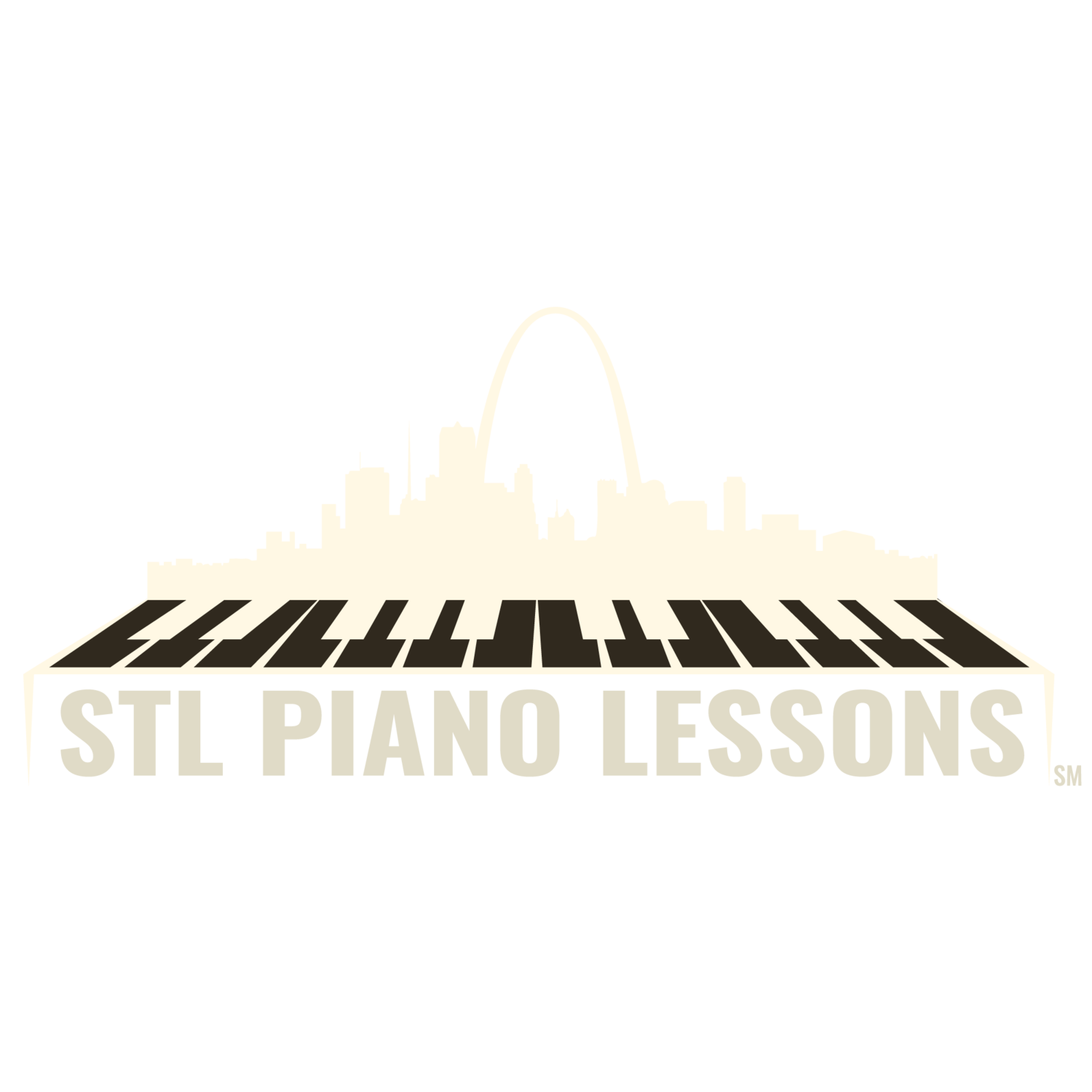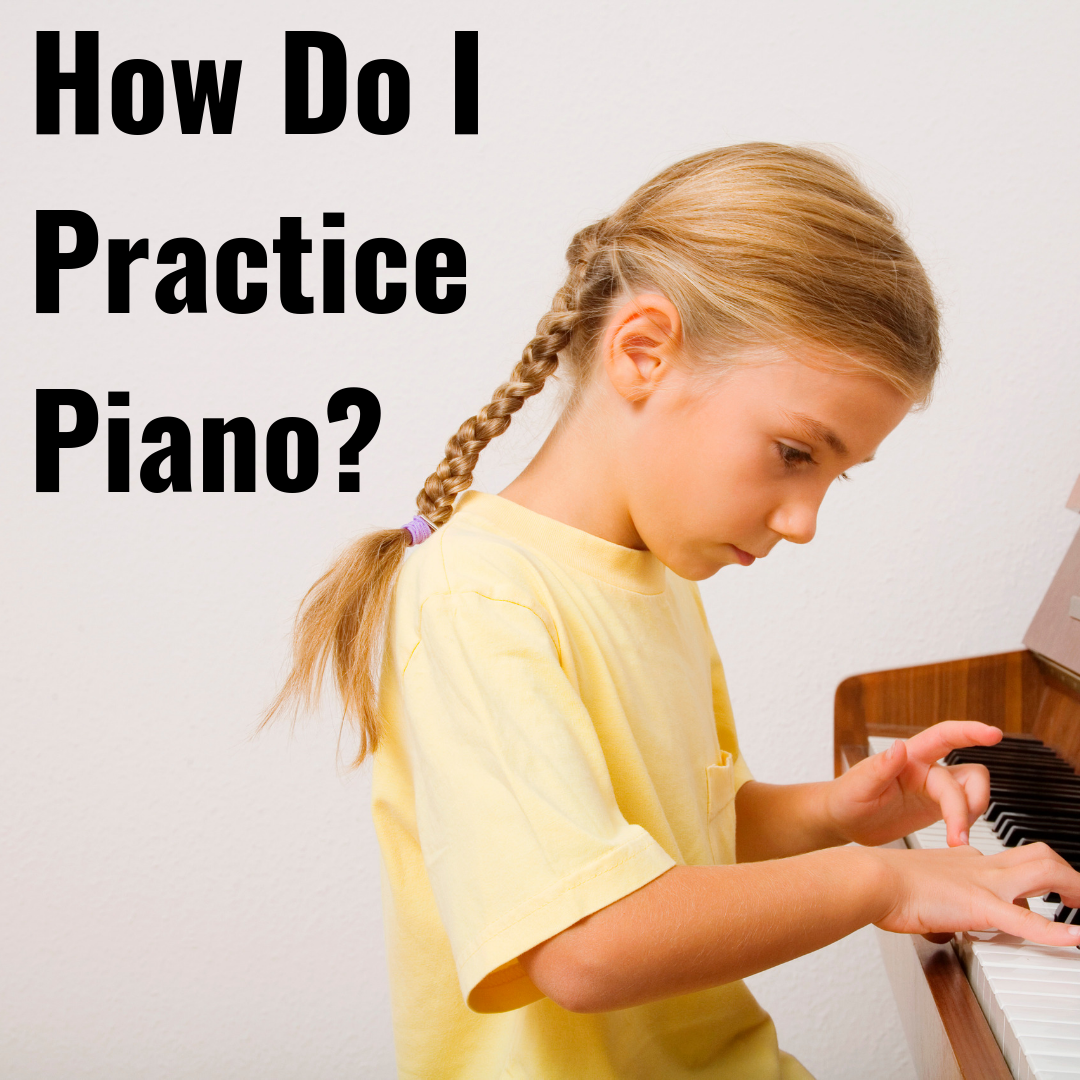I get a lot of questions from my students and from parents about piano lessons. Do any of these sound familiar?
How often should I practice?
How long until I am really good?
When should kids start taking piano lessons?
Am I too old to take piano lessons?
How do I practice the piano?
I thought it might be helpful to do some blog posts answering some of our most frequently asked questions about piano and piano lessons. So here we go…
FAQ #1: How do I practice the piano?
You know the joke. “How do you get to Carnegie Hall? Practice. Practice. PRACTICE!”
It’s true. One of the most important things you can do for your piano career is work out a regular time to practice. Really what it comes down to is discipline and building a new habit.
Here are 8 ways to set up a practice routine that will make you a rockstar in no time!
Practice at the same time every day. Schedule your practice time. Put it in your calendar. You have to treat your practice time as a sacred time. If you have a job, you have to be there every day at the same time. Piano practice needs to be the same thing. If you want to be a great piano player, then you need to show up. Every day. On time.
Warm up. Start with scales and arpeggios. I know these are not the most fun things to practice, but these are the techniques that are going to make everything else come a lot easier. There is so much that happens when we practice scales and arpeggios. It warms us up, sure. But it also makes our fingers stronger, programs muscle memory so recalling this information later happens automatically, helps us learn our key signatures, helps us learn chords and so much more. If you want to be a rockstar piano player, learn how to LOVE practicing your scales and arpeggios.
Learn how chords work. The thing that really made music fun for me was learning how chords work. If your teacher is not already teaching you this, ask him or her to. Learning about chords is a game changer. It makes learning songs so much easier. If you want to speed up your progress, then learn how chords work.
Work on repertoire. Whether you are learning songs out of a book or you are learning songs by ear, keep learning new material. Each song you learn is performing double duty. First of all, you are building your library of tunes. Next time someone asks you to play something on the piano, you will have that much more to pull from. Secondly, you are learning lots of “mini-lessons” from each song you learn. Fingering technique, chord structure, key signature, rhythms, and more. Never stop learning new songs!
A little goes a long way. In a perfect world, you would practice piano for 2-3 hours every day. But let’s be real. You have a life. Even your kids probably have enough of a life to make that a challenge. What a lot of people do is tell themselves that unless they can get in at least an hour of practice, it’s not worth it. This could not be further from the truth. Even ten minutes here and there adds up. Your practice time does not have to happen all at once. Get in ten minutes when you can. I promise if you do that enough, it will add up to amazing results.
Be accountable to your teacher. One of the best things about piano lessons is learning discipline. That is why it is so great to start kids young. It gets them into a routine early. It shows them the value of committing to something. And it allows them to feel the pride of a job well done. When you want to blow off your practice time, remember your lesson time is coming. You are going to have to sit down and play for your teacher. Make sure you are ready and it will make your lesson a much more enjoyable experience!
Make sure you are learning things that are fun to you. It is super important that your lessons include things that are fun for you to learn. If you are not learning things that are fun for you, tell your teacher. A good teacher will adjust your lesson plan to include music you love. If you are a gamer, ask if you can learn a song from your favorite video game. If you are a movie buff, learn a song from a movie you love. Having these kinds of things added into your practice routine will make it way more fun and motivate you to practice more.
Have patience. Learning any new skill takes times. It takes A LOT of time, so be patient. Be kind to yourself. You don’t have to master it in one day. All you have to do is show up every day and over time you will see how far you have come. You are going to get there if you never give up!
You can truly be the piano player you want to be. Just follow these 8 steps and you will be there in no time!
Have any suggestions on how to practice piano? Or do you have any questions about piano practice? Leave us a comment below and let us know!


